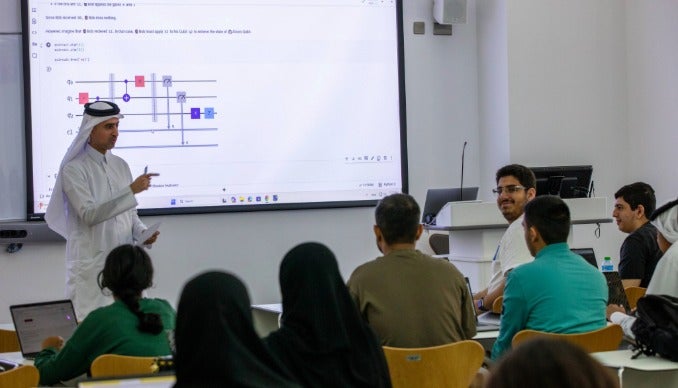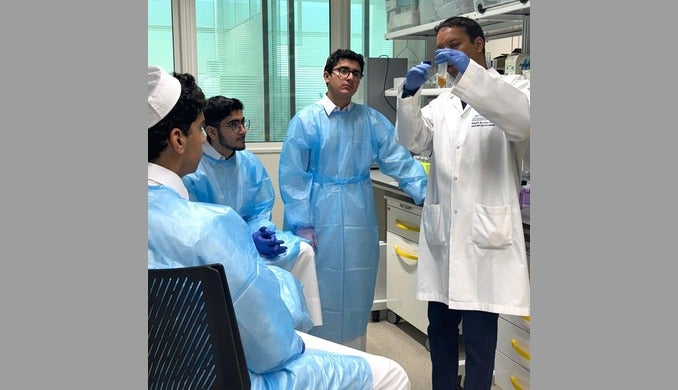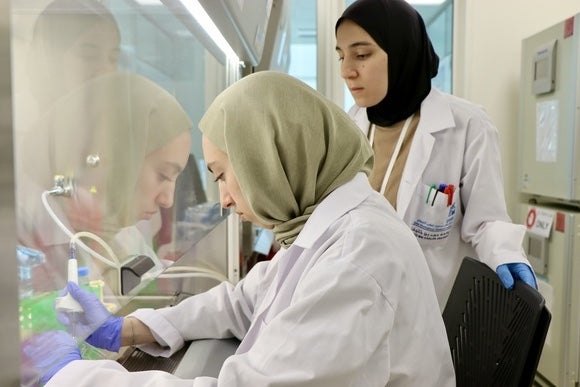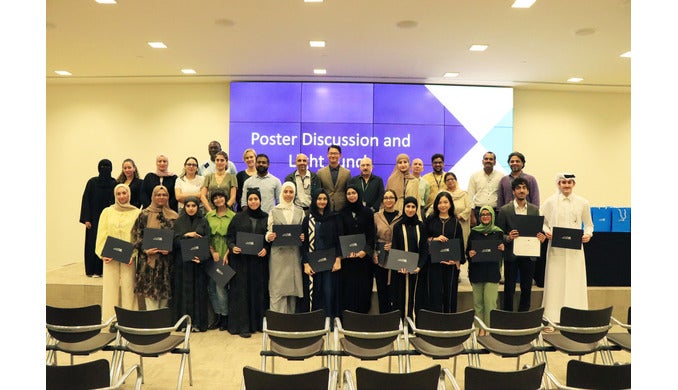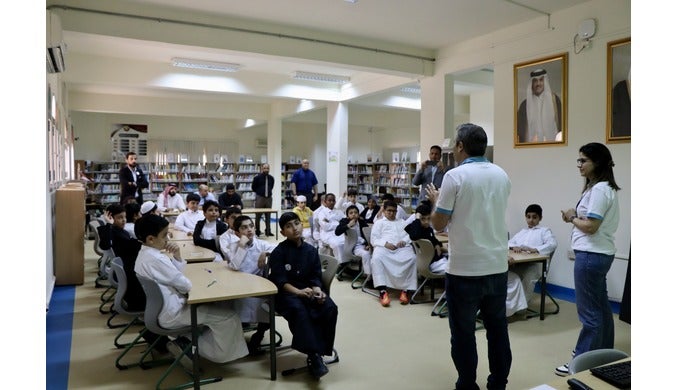
Dementia, a complex neurological disorder affecting millions worldwide, remains an enigma, challenging medical researchers in their quest to understand its origins and progression. In a collaboration between Dr. Omar El-Agnaf and his team, Dr. Hanadi Al Hamad from Hamad Medical Corporation (HMC), and Dr. Rayaz A. Malik fromWeill Cornell Medicine – Qatar (WCM-Q), two innovative studies have illuminated the intricate mechanisms underlying this devastating condition, drawing insights from the Qatar population.
Although the exact causes of dementia remain elusive, growing evidence suggests that problems with the immune system might contribute to its development. In the first study the research team examined for the presence of 1600 autoimmune antibodies in individuals with normal cognitive function, mild cognitive impairment (MCI), and dementia.
The results of their investigation revealed autoantibodies that were significantly altered in the blood of subjects with dementia compared to those with normal cognition and MCI Notably, the study identified five autoantibodies—anti-CAMK2A, CKS1B, ETS2, MAP4, and NUDT2—that were abnormal in subjects with MCI and dementia. Intriguingly, the levels of certain autoantibodies, like anti-ODF3, E6, S100P, and ARHGDIG, correlated inversely with cognitive performance scores.
Additionally, the study also demonstrated a link between altered autoantibodies and certain metabolic processes and apoptotic pathways as well as neurodegenerative pathways, for example, neurotrophin signaling, axon guidance, and cholinergic synapses.
In essence, these findings suggest the potential influence of autoimmunity on the development of dementia, possibly paving the way for new therapeutic approaches. Further research is required to validate these discoveries, however, they offer a glimmer of hope for improved management of dementia.
The second study delved deeper into the quest for diagnostic biomarkers in dementia, using the powerful tool of proteomic analysis. This approach allows scientists to explore the complex landscape of proteins present in plasma, with the goal of identifying subtle biomarkers that could aid in early detection and intervention.
Using a high-throughput proximity extension immunoassay, the research team evaluated 1090 proteins in individuals with normal cognitive function, mild cognitive impairment (MCI), and dementia. They identified a panel of 17 stable diagnostic biomarkers that had very high diagnostic accuracy for subjects with dementia.
Notably, the study also showed that several proteins, such as NEFL, IL17D, WNT9A, and PGF, showed negative correlations with cognitive function scores , suggesting their potential involvement with disease severity.
Gene Ontology and pathway analyses established that alterations in the immune response, vascular injury, and extracellular matrix organization contributed to the development of dementia, providing a more comprehensive view of its underlying molecular mechanisms.
By integrating high-throughput proteomics and advanced machine learning, the researchers developed a promising blood-based protein signature capable of not only differentiating individuals with dementia from those with normal cognitive function, but also those with MCI. This breakthrough holds considerable potential for rapid early diagnosis and a deeper understanding of the processes driving dementia.
While these discoveries are undoubtedly transformative, the journey is far from over. Validation of these biomarkers in larger cohorts, especially in longitudinal studies is required to truly establish the diagnostic and prognostic utility of this approach in dementia .
This research exemplifies how dedicated collaborations between clinicians and scientists at Hamad Medical Corporation (HMC), Weill Cornell Medicine – Qatar (WCM-Q), and HBKU have greatly contributed to wider efforts to demystify dementia. As this particular collaboration continues to investigate and validate these findings, the possibility of earlier detection and innovative therapies for dementia draws nearer, offering renewed hope for those affected by this challenging condition.
Related News






